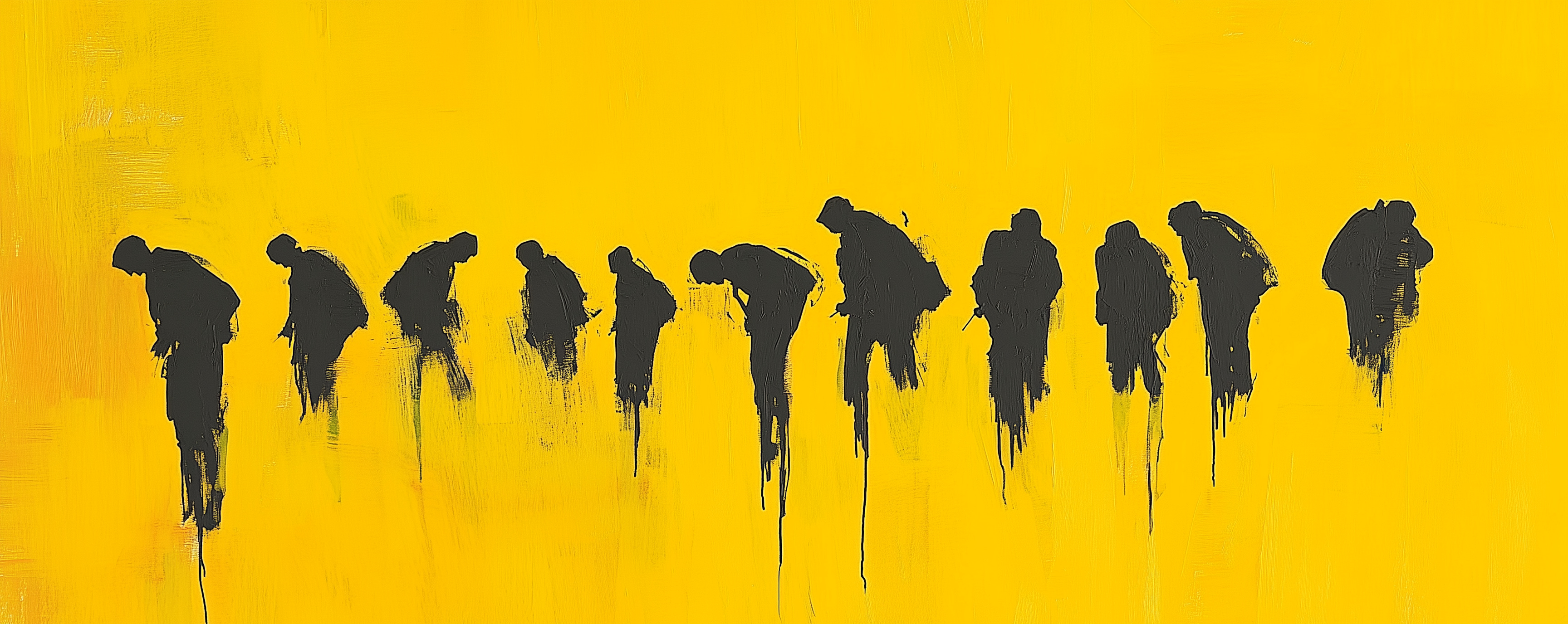Laborers in the Vineyard
The Murder of Contentment
The agreement was simple. The payment was fair. Everyone got exactly what they’d been promised.
So why did some go home grateful while others left in rage?
There was a landowner whose vineyard needed harvesting, and the work could not wait.
At first light, he went to the marketplace where hope was currency as thin as morning mist. Men stood there with empt…


